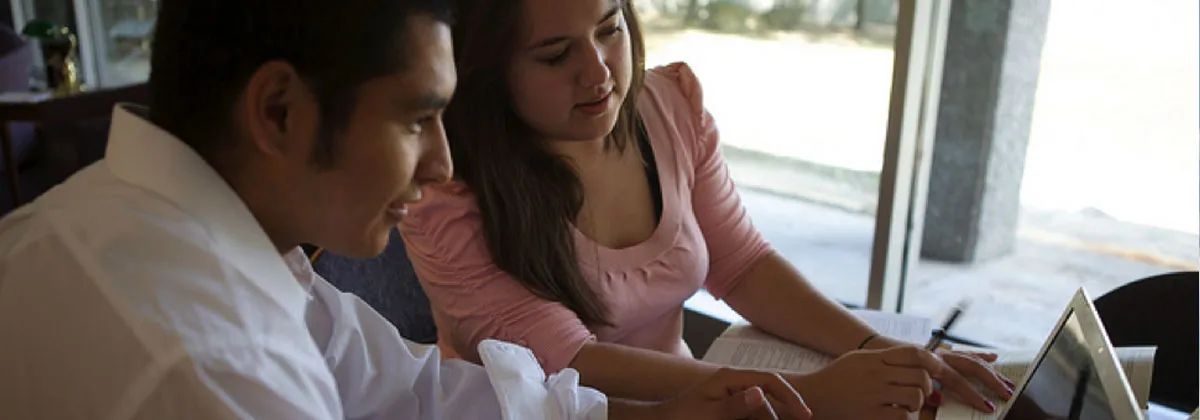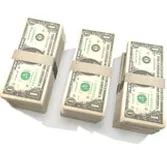E

Dear Parents,
Math is very useful t everyday life. Math can help us do many things that are important in our everyday lives. Here are some daily tasks for which math is important:
- Managing money $$$
- Balancing the checkbook
- Shopping for the best price
- Preparing food
- Figuring out distance, time and cost for travel
- Understanding loans for cars, trucks, homes, schooling or other purposes
- Understanding sports (being a player and team statistics)
- Playing music
- Baking
- Home decorating
- Sewing
- Gardening and landscaping
Parents can help teens connect math they learn in school and their everyday lives. As a parent, you could talk to your teen about how you use math in your daily life. You could also ask family members and friends how they use math in their daily lives. Please talk to your teens about these math connections to real world. Share with your child the examples of everyday math applications, which are listed below. When your teens hear how math can be used every day, they will be more likely to view math as important and valuable. They may also become more interested in mathematics. Remember that you as a parent can greatly influence how your child thinks about mathematics.
The testimonials included on this website give brief examples of how people use math in their daily lives. Please watch these. You can share information from these videos with your teen.
Examples of Math Connections to Daily life
Managing Money 
Your teen will learn skills in algebra class that will help them with money. One important skill they will learn is how to calculate interest and compound interest. Your teen can use this skill to manage their money now and when they grow up. This skill also will help them pick the best bank account. It will also help them decide which credit card is best to have. People who take out loans need to understand interest. It will also help them figure out the best ways to save and invest money.
Recreational Sports 
Geometry and trigonometry can help your teens who want to improve their skill in sports. It can help them find the best way to hit a ball, make a basket or run around the track. Basic knowledge of math also helps keep track of sports scores.
Home Decorating and Remodeling
Calculating areas is an important skill. It will be useful for your teen in remodeling future homes and apartments. It will help your teen find how much paint they need to buy when repainting a room. It is also an important skill for anyone who wants to install new tiles in a bathroom or a kitchen. Knowing how to calculate perimeters can help your child when deciding how much lumber to buy for floor or ceiling trim.
Cooking 
People use math knowledge when cooking. For example, it is very common to use a half or double of a recipe. In this case, people use proportions and ratios to make correct calculations for each ingredient. If a recipe calls for 2/3 of a cup of flour, the cook has to calculate how much is half or double of 2/3 of a cup. Then the cook has to represent the amount using standard measures used in baking, such as ¼ cup, 1/3 cup, ½ cup or 1 cup.
Shopping 
Your teen will use math when buying different items. When buying a new computer, your child will need to figure out which store offers the best price or best financing. Math is useful in finding the best deal for food items. For example, your teen will need to decide which pack of soda to buy when given a choice of 20 oz., 2-liter, 12 pack, or 24-pack. Stores often have sales that give a percentage off an original price. It is helpful for people to know how to figure out the savings. This math skill is very useful because it helps us calculate discounts so we can buy an item for the best price offeredMath Matters in Everyday Life

Dear Parents,
Math is very useful in everyday life. Math can help us do many things that are important in our everyday lives. Here are some daily tasks for which math is important:
- Managing money $$$
- Balancing the checkbook
- Shopping for the best price
- Preparing food
- Figuring out distance, time and cost for travel
- Understanding loans for cars, trucks, homes, schooling or other purposes
- Understanding sports (being a player and team statistics)
- Playing music
- Baking
- Home decorating
- Sewing
- Gardening and landscaping
Parents can help teens connect math they learn in school and their everyday lives. As a parent, you could talk to your teen about how you use math in your daily life. You could also ask family members and friends how they use math in their daily lives. Please talk to your teens about these math connections to real world. Share with your child the examples of everyday math applications, which are listed below. When your teens hear how math can be used every day, they will be more likely to view math as important and valuable. They may also become more interested in mathematics. Remember that you as a parent can greatly influence how your child thinks about mathematics.
The testimonials included on this website give brief examples of how people use math in their daily lives. Please watch these. You can share information from these videos with your teen.
Examples of Math Connections to Daily life
Managing Money 
Your teen will learn skills in algebra class that will help them with money. One important skill they will learn is how to calculate interest and compound interest. Your teen can use this skill to manage their money now and when they grow up. This skill also will help them pick the best bank account. It will also help them decide which credit card is best to have. People who take out loans need to understand interest. It will also help them figure out the best ways to save and invest money.
Recreational Sports 
Geometry and trigonometry can help your teens who want to improve their skill in sports. It can help them find the best way to hit a ball, make a basket or run around the track. Basic knowledge of math also helps keep track of sports scores.
Home Decorating and Remodeling
Calculating areas is an important skill. It will be useful for your teen in remodeling future homes and apartments. It will help your teen find how much paint they need to buy when repainting a room. It is also an important skill for anyone who wants to install new tiles in a bathroom or a kitchen. Knowing how to calculate perimeters can help your child when deciding how much lumber to buy for floor or ceiling trim.
Cooking 
People use math knowledge when cooking. For example, it is very common to use a half or double of a recipe. In this case, people use proportions and ratios to make correct calculations for each ingredient. If a recipe calls for 2/3 of a cup of flour, the cook has to calculate how much is half or double of 2/3 of a cup. Then the cook has to represent the amount using standard measures used in baking, such as ¼ cup, 1/3 cup, ½ cup or 1 cup.
Shopping 
Your teen will use math when buying different items. When buying a new computer, your child will need to figure which store offers the best price or best financing. Math is useful in finding the best deal for food items. For example, your teen will need to decide which pack of soda to buy when given a choice of 20 oz., 2-liter, 12 pack, or 24-pack. Stores often have sales that give a percentage off an original price. It is helpful for people to know how to figure out the savings. This math skill is very useful because it helps us calculate discounts so we can buy an item for the best price offered.